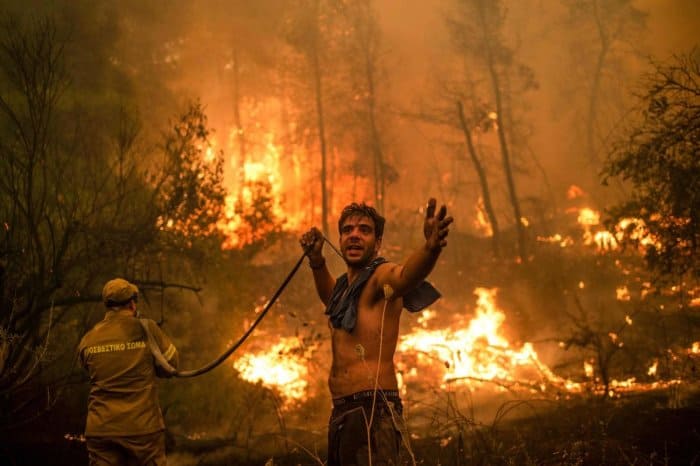Across a quarter-century of United Nations (UN) climate conferences tasked with saving humanity from itself, one was deemed a chaotic failure (Copenhagen/2009), another a stunning success (Paris/2015), and the rest landed somewhere in between.
This year’s COP26 inspired all these reactions at once.
Swedish activist Greta Thunberg, leading a 100,000-strong march through the streets of Glasgow, dismissed the two-week meet as a “greenwashing festival”.
But dedicated experts in the negotiating arena hailed solid even historic advances in beating back the existential threat of global warming.
More often than not, observers vacillated between approval and criticism, hope and despair.
“The Glasgow Climate Pact is more than we expected, but less than we hoped for,” Dann Mitchell, head of climate hazards at Britain’s Met Office, said with a haiku-like economy.
Gauging the efficacy of measures announced at the COP26 summit largely depends on the yardstick used to measure them.
Compared to what came before, the first-ever call by 196 countries to draw down coal-fired power, or a promise to double financial aid each year to roughly $40 billion so poor nations can brace for climate impacts, are giant steps forward.
Likewise, a provision obliges countries to consider setting more ambitious targets for reducing carbon pollution every year rather than once every five years.
But all these hard-won gains at COP26 shrivel insignificance when stacked up against hard science.
An unbroken cascade in 2021 of deadly floods, heatwaves, and wildfires across four continents, combined with ever more detailed projections, left no doubt that going beyond the 1.5 deg Cheating limit envisioned in the Paris Agreement would push Earth into the red zone.
“As a lifelong optimist, I see the Glasgow outcome as half-full rather than half-empty,” said senior analyst Alden Meyer at climate and energy think tank E3G.
“But the atmosphere responds to emissions not COP decisions and much work remains ahead to translate the strong rhetoric here into reality.”
The past year also saw Part 1 of the UN Intergovernmental Panel on Climate Change’s (IPCC) first comprehensive synthesis of climate science in seven years.








